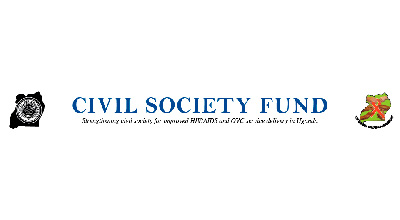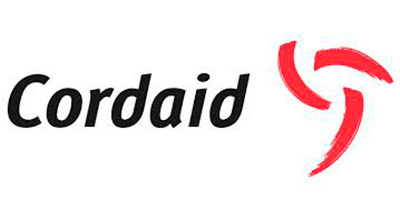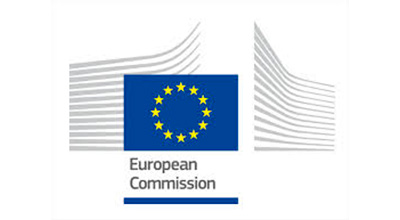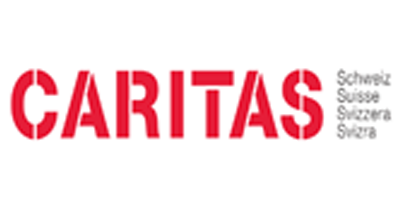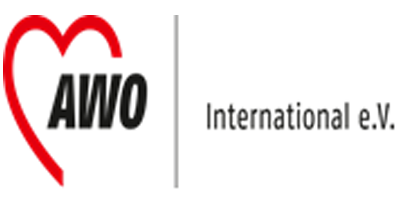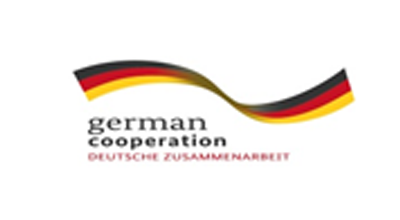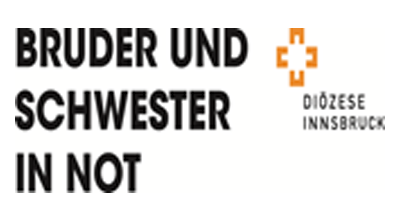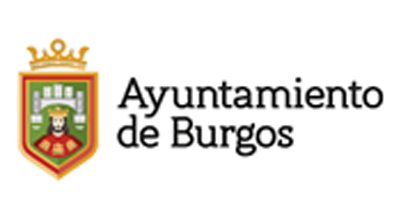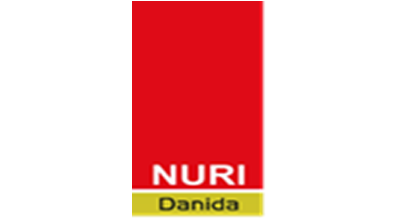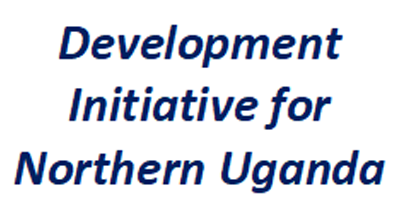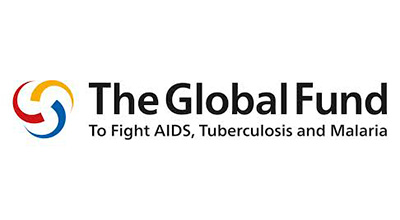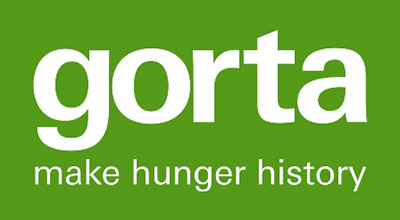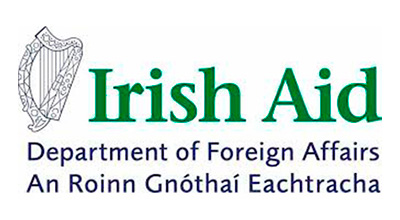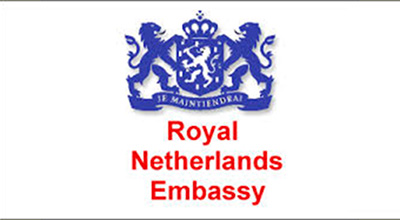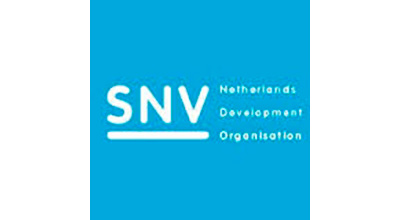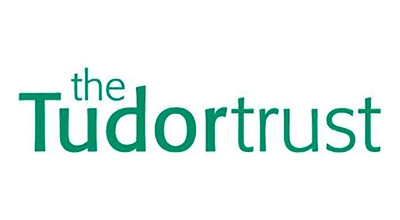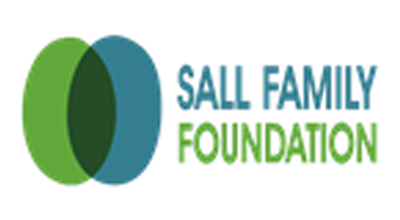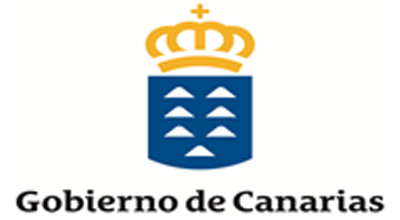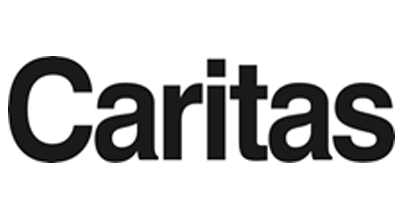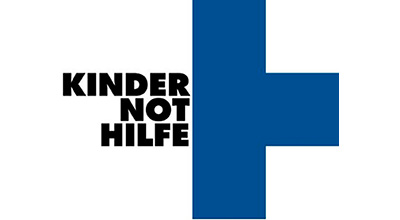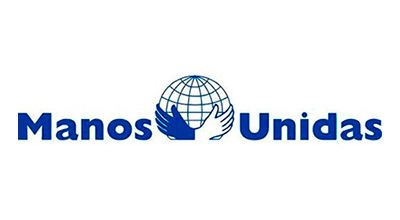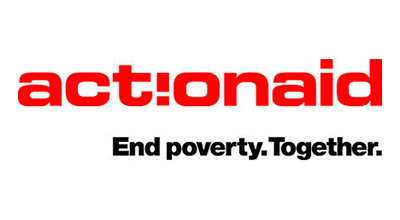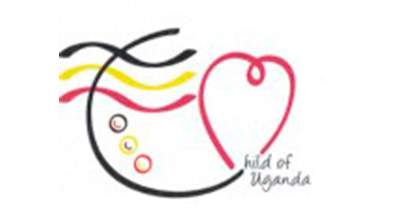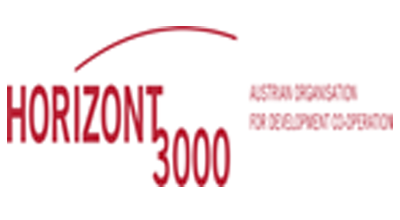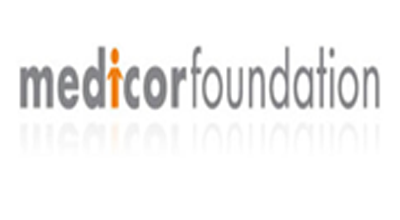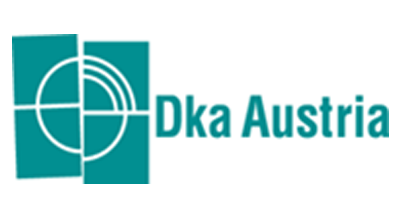Specific objective 1: Increased production and consumption of diversified foods in hygienic homes Six in every 10 households eat two non-nutritious meals a day. The mean monthly household consumption per capita is a
dismal $0.04 per person per day. While 48% of children in the region are deprived of food; 16% of children in refugee hosting districts eat less than two meals daily. Refugees mainly depend on World Food Programme (WFP) food ratio that is insufficient in both quantity and quality for healthy living. This deplorable situation is primarily attributed to: low productivity of subsistence farming, limited income with which to buy food from the market, limited awareness of nutrition, poor sanitation and hygiene practices, increased environmental degradation, and high population growth rates.
To address this exceptionally high food and nutrition insecurity, AFARD will use climate smart and nutrition-sensitive agriculture practices and community led total sanitation (CLTS) approach. A study will be conducted to assess the knowledge, attitudes and practices regarding nutrition, WASH practices and family planning to guide interventions. The knowledge and skills of its extension staff and peer trainers (Lead Farmers, Poultry paravets, and community health frontline advisors) will be enhanced to enable them support families to ably: 1) plan what nutritious food to produce; 2) integrate local poultry, fruits and green vegetables through kitchen gardening; 3) adopt open defecation free communities; and 4) promote green villages through tree planting, apiary production, and use of energy saving technologies. Finally, linkages will be built with local health facilities to conduct community-based nutrition, family planning and child care trainings and awareness raising and distribution of micronutrient supplementation and deworming.



